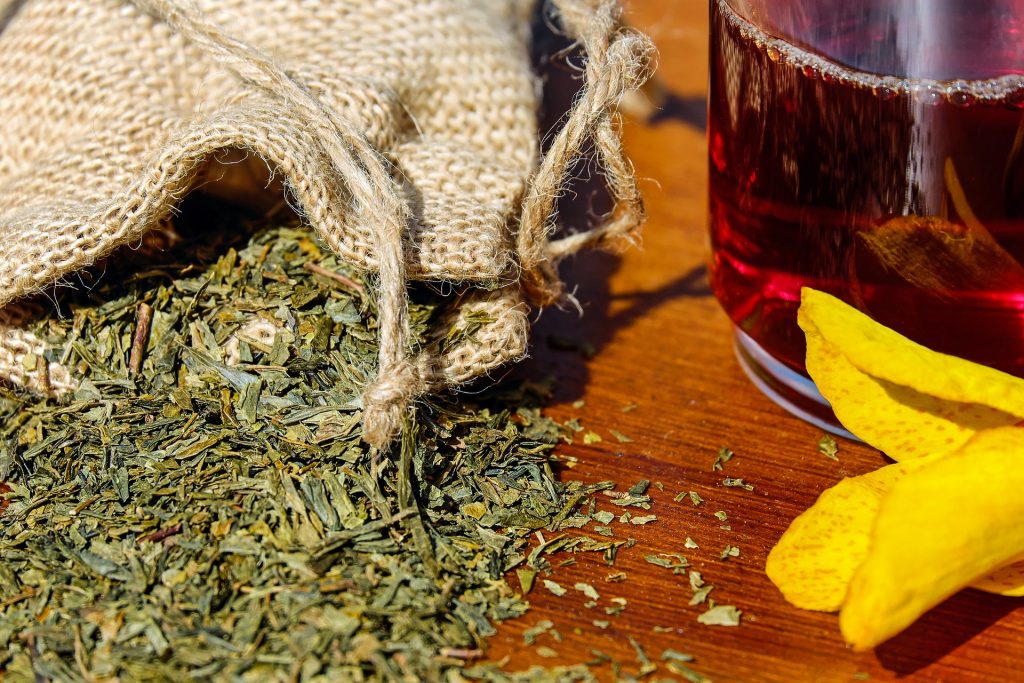 Insomnia is the most common of all sleep disorders and is often present in those suffering from anxiety and depression. Mainstream medicine uses a number of drugs to treat insomnia including antidepressants, hypnotics and antihistamines. However, the effect of these drugs is questionable and certainly some of them, particularly hypnotic drugs, can be associated with adverse effects including hangover, tolerance, rebound insomnia and addiction. Increasingly people are looking to safer and more effective alternatives to treat insomnia, and in this regard herbal medicine offers some safe and effective treatments for insomnia. Herbs have been used traditionally in non allopathic forms of medicine including Ayurvedic and Chinese medicine systems. Both of these medical systems have a long history of treating insomnia with herbs. Herbal remedies from traditional medicine are often available as mixtures of herbs that work synergistically together to be highly effective at improving sleep quality with minimal adverse effects.
Insomnia is the most common of all sleep disorders and is often present in those suffering from anxiety and depression. Mainstream medicine uses a number of drugs to treat insomnia including antidepressants, hypnotics and antihistamines. However, the effect of these drugs is questionable and certainly some of them, particularly hypnotic drugs, can be associated with adverse effects including hangover, tolerance, rebound insomnia and addiction. Increasingly people are looking to safer and more effective alternatives to treat insomnia, and in this regard herbal medicine offers some safe and effective treatments for insomnia. Herbs have been used traditionally in non allopathic forms of medicine including Ayurvedic and Chinese medicine systems. Both of these medical systems have a long history of treating insomnia with herbs. Herbal remedies from traditional medicine are often available as mixtures of herbs that work synergistically together to be highly effective at improving sleep quality with minimal adverse effects.

Insomnia can be defined in a number of ways. One such definition for example suggests that insomnia is characterised by a sleep latency of over 30 minutes (it takes more than 30 minutes to fall asleep) and that this should occur for a period of at least 6 months. In addition, the quality of the sleep should be poor. Insomnia is often associated with both anxiety and depression, and the low quality sleep can exacerbate the depressive and anxious symptoms felt by the sufferer. Effective treatment for anxiety and depression often requires consideration of the insomnia component of the disorder. Many herbs that treat anxiety and depression also reduce insomnia. Highlighting their effectiveness.
For example, one group of researchers investigated a combination of herbs utilised in traditional Ayurvedic medicine. These herbs were from a product called Blissful Sleep, and included valerian (Valeriana wallichi) (160 mg/tablet), rose petals (Rosa centifolia), muskroot (Nardostachys jatamansi), heartleaved moonseed (Tinospora cordifolia), winter cherry (Withania somnifera), pepper (Piper negrum), ginger (Zingibar officinalis), aloeweed (Convolvulus pluricalis) and licorice root (Glycyrrhiza glabra). Subjects aged between 20 and 65 took the supplement for 4 nights, taking two tablets 1 hour before bed. After taking the supplements, subjects reported a significant reduction in the time taken to fall asleep (sleep latency) and no adverse effects were reported by any of the subjects taking the supplement. Therefore the herbs in this product, many of which have been shown to produce better sleep quality when taken individually, may be effective in combination in order to allow treatment of insomnia.
Eat Well, Stay Healthy, Protect Yourself
RdB
